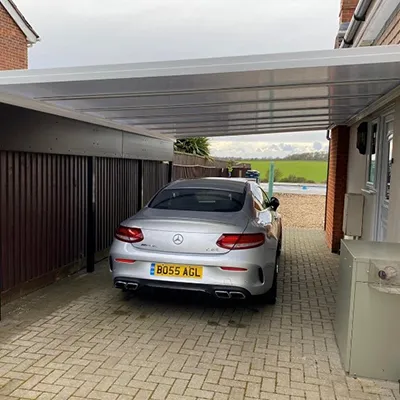Conservatories Made Simple: Everything you Need to know about the Great British Conservatory
Conservatories Made Simple: Everything you Need to know about the Great British Conservatory
This guide is designed to help you navigate the world of conservatories, offering the advantages and inspiration for creating your perfect space. We’ll also provide a glossary of terms to ensure you understand all the key concepts and terminology in your home project. Explore the various benefits, and considerations to ensure your home project for your UK home is a success.
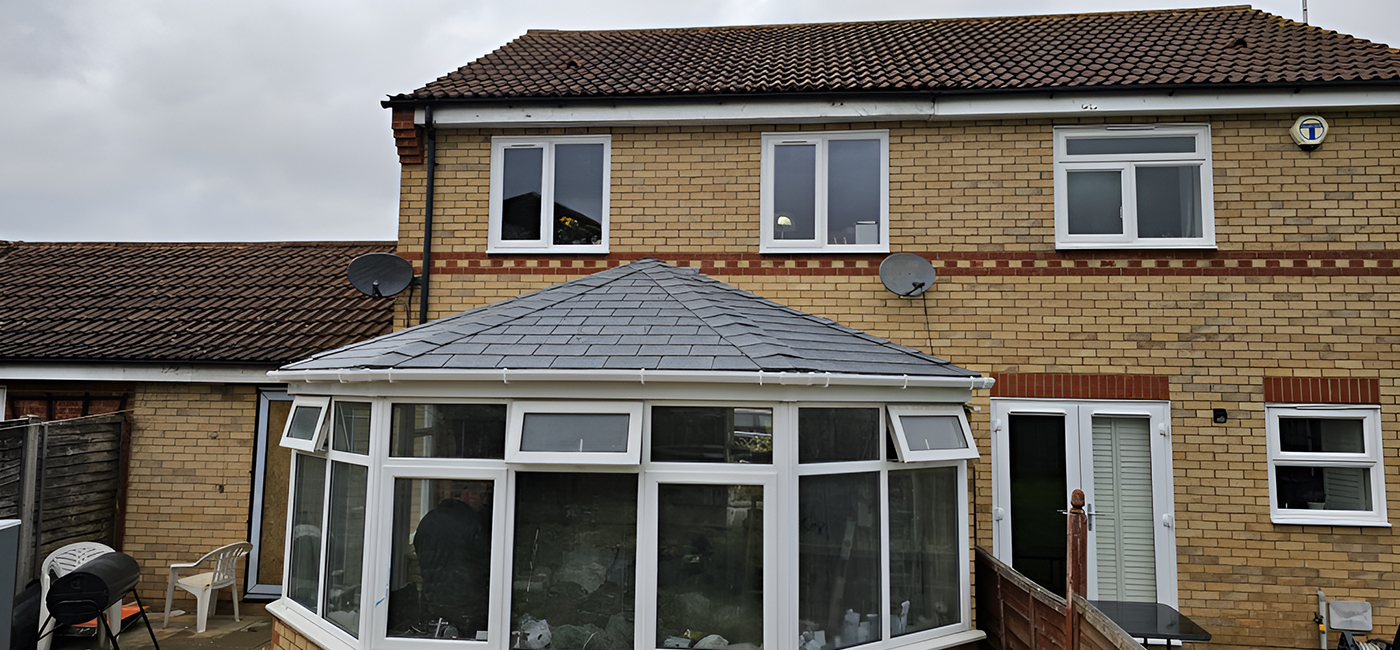
What is a Conservatory?
A conservatory is a versatile addition to any UK home, offering a unique blend of indoor comfort and outdoor charm. Essentially, it’s a room with glass walls and a roof, designed to let in plenty of natural light while providing a cozy space to relax, entertain, or even work. For UK homeowners, it can serve as a sunlit sanctuary during the often gloomy weather, making it a perfect spot to enjoy your garden year-round. Whether you’re looking to create a bright dining area, a peaceful reading nook, or a playroom for the kids, a it can be tailored to fit your needs and enhance your home’s overall appeal.
What are the Advantages of having One at your Home?
Having one offers numerous advantages for UK homeowners, making it a popular home improvement choice. Firstly, it provides extra living space, which can be used for various purposes such as a dining area, home office, or playroom. Secondly, a conservatory allows you to enjoy your garden year-round, offering a bright and airy space even during the colder months. Thirdly, it can increase your home’s value, making it an attractive feature for potential buyers. Lastly, it can help you save on energy bills by maximising natural light and reducing the need for artificial lighting. These benefits make a conservatory a worthwhile investment for any UK home.
How Long do They Last?
They can be charming additions to UK homes, offering a delightful bridge between indoor comfort and the beauty of the outdoors. When it comes to their lifespan, high-quality conservatories typically last between 20 to 25 years, though this can vary based on several factors. The materials used, for instance, play a significant role; some that are made from uPVC tend to be more durable and weather-resistant, while wooden frames, though aesthetically pleasing, may suffer from rot and require more maintenance. Additionally, the craftsmanship and installation quality can make a substantial difference. A well-installed one with robust foundations and proper sealing can endure the test of time far better than one that is poorly constructed.
Factors that Affect Conservatories’ Lifespan
Several factors affect its longevity. The local climate is a primary consideration—exposure to harsh weather conditions such as heavy rain, strong winds, and fluctuating temperatures can accelerate wear and tear. Regular maintenance is also crucial; cleaning gutters, checking for leaks, and ensuring that seals and joints are intact can prevent small issues from developing into costly repairs. Furthermore, modern advancements in glass technology, such as self-cleaning and thermal-insulated glass, can enhance durability and energy efficiency, extending its lifespan. By understanding these factors, homeowners can make informed decisions to ensure it remains a cherished part of their home for many years to come.
Style Superior Windows & Conservatories, is your local conservatory specialist. We provide quality, affordable conservatories to Brandon, Thetford, Bury St Edmunds, Newmarket, Cambridge, Norwich, Diss, Kings Lynn, Downham Market, Colchester, Ipswich, Attleborough, Wymondham, Watton, Swaffham, East Dereham, Chelmsford, Stowmarket, Haverhill, and SudbuFor stylish and practical help on building your home conservatory project, contact Style Superior Windows & Conservatories.
Glossary of Terms
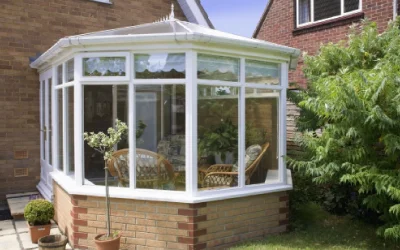
5-Facet Conservatory
A conservatory with five sides (facets) to the front -facing unit.
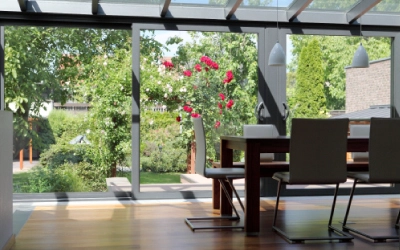
Aluminium Frame
A conservatory frame made from aluminium, known for its strength and lightweight properties.
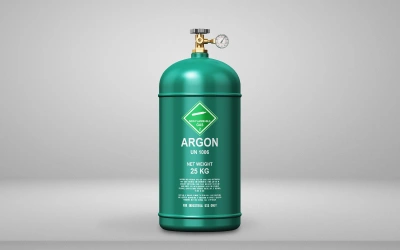
Argon Gas
An insulating gas used in double glazing to improve thermal efficiency.
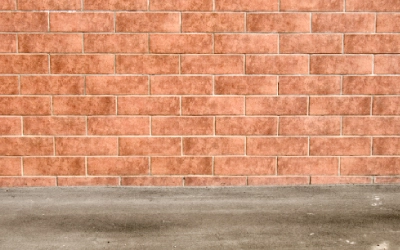
Base Wall
A brick wall base on which the conservatory sits, typically 300-750mm in height.
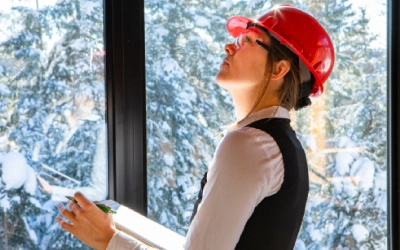
Building Regulations
Local authority laws must be complied with when constructing buildings, though many conservatories are exempt.
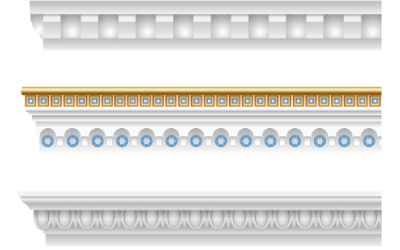
Cornice
A decorative moulding that runs along the top edge of the conservatory,adding a finishing touch to then roofline.
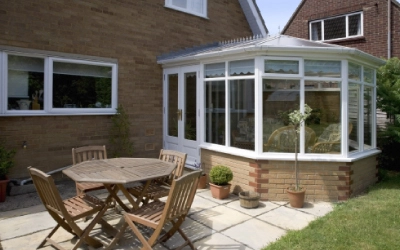
Crest
Decorative moulding placed on top of a
conservatory, often to deter birds from landing.
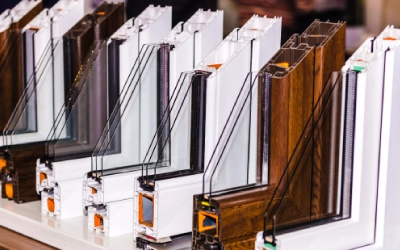
Double Glazing
Windows with two layers of glass and a space between them for insulation.
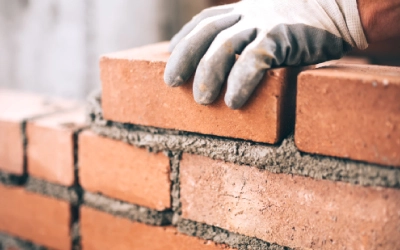
DPC (Damp Proof Course)
A barrier to prevent dampness from rising into the conservatory walls.
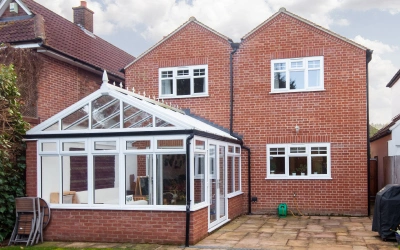
Edwardian Conservatory
A square-shaped conservatory with four sides and an apex roof.
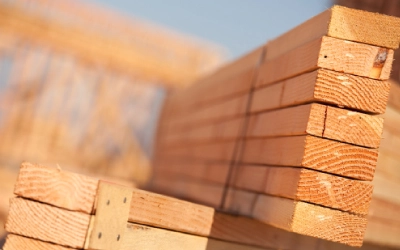
Hardwood
Durable wood types like oak or beech are used in conservatory construction, offering a natural appearance.
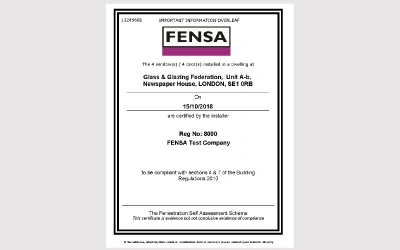
FENSA
The Fenestration Self-Assessment Scheme, certifying compliance with building regulations for window and door installations.
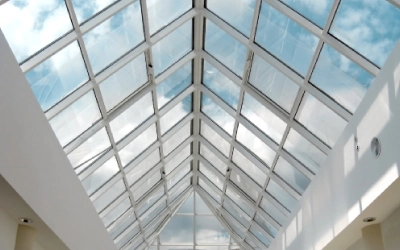
K-Glass
A type of glass with a coating that improves energy efficiency by reducing heat loss.
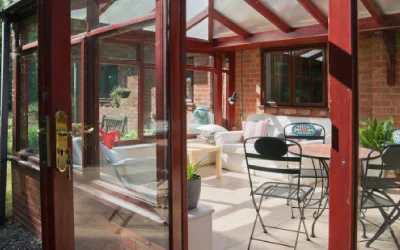
Lean-to Conservatory
A rectangular conservatory with a slanted roof, typically attached to a building.
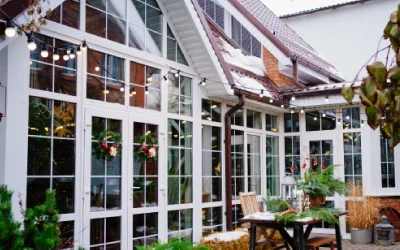
P-Shape Conservatory
A conservatory shaped like the letter P, with an apex roof structure.



